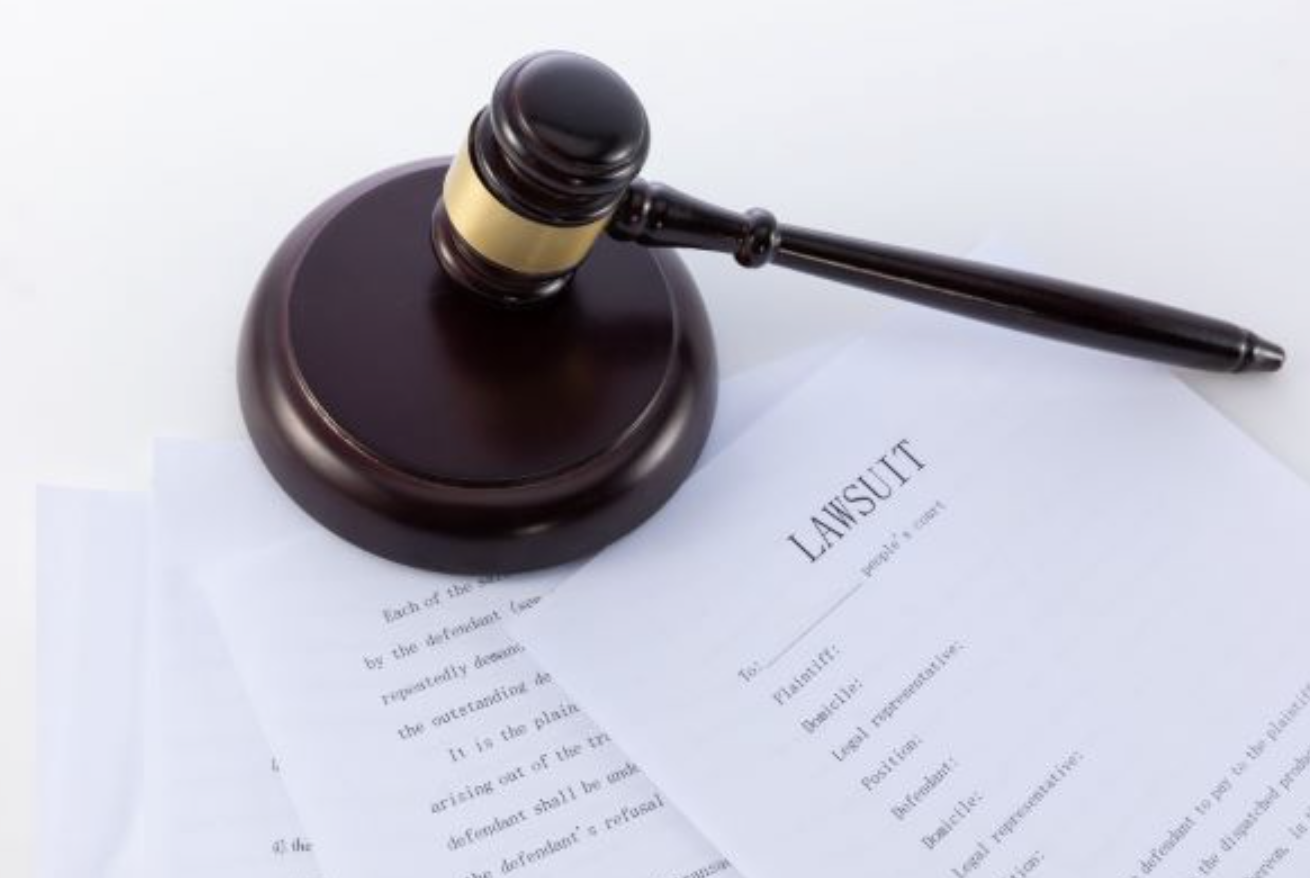When it comes to producing evidence to back up your claim, bear in mind that if the accident documents, especially the medical reports, have not been properly maintained or are insufficient, this may be a substantial barrier.
Unexpected accidents may happen at any moment, leaving us with physical injuries, emotional distress, and financial burdens. Personal injuries, in particular, may be devastating and life-changing events for the person who experiences them. If you have been injured because of the negligence of another person, you have the right to seek compensation for your injuries.
This detailed guide will help you handle the personal injury challenge from several angles.
Seek Medical Attention
If you have incurred an injury, your first goal should be to get medical attention immediately. Seeking the advice of a knowledgeable medical professional is critical, even if the harm seems to be minor. Delaying or avoiding medical care may jeopardize your health while also making your case less appealing. Unfortunately, almost four out of five fatal incidents occur without an ambulance arriving within the first hour after the accident. When calling 911, be sure to provide the location of the incident as well as a description of the injuries and needs.
Preserve Evidence
Make sure to keep all of the evidence related to your injuries and accidents. This contains photographs of the accident scene, injuries, and property damage, as well as any other necessary material, such as witness statements or police records
If you want to establish a personal injury claim, the most critical thing is to acquire medical proof. Some people who have suffered serious soft tissue injuries, for example, may decide not to visit their primary care doctors because they want to “tough it out.”
Contact a Personal Injury Attorney
It is recommended that you consult with a knowledgeable personal injury attorney to get the facts of your case. They may be able to provide you with guidance that is targeted to your particular circumstances, assist you in navigating the intricate legal system, and advocate for your best interests.
Negotiate with the Insurance Company
According to personal injury lawyers Cohen and Winters, “An insurance company’s settlement offer is a common response to a claim filing. Insurance companies often make hasty settlement offers before victims have a chance to consult with lawyers or get a clear picture of how much their injuries will cost. Discuss this settlement offer with your attorney and give it careful consideration. Think about the comparison between the offer and the maximum limitations on your insurance policy.”
You’ll need to know how the settlement compares to the whole amount for your injuries and medical expenses from the accident. If you accept the first settlement offer, your claim will be resolved without the need for additional negotiation. You may sign the papers, accept the offer, and soon receive the money you need for your injuries.
File a Personal Injury Lawsuit (If Necessary)

If you are unable to reach an agreement with the insurance company, or if no insurance policy applies to your circumstances, you will file a personal injury lawsuit in civil court. This includes the filing of a lawsuit as well as the communication of the action to the defendant. Following the start of the discovery process, the defendant will have the chance to respond to the charges.
Receive Compensation
Whether a judgment has already been rendered or a settlement is made before the court’s decision, you will be eligible for compensation in any of these scenarios. There is a possibility that the sum may cover medical expenses, lost wages, mental anguish, and other damages; nevertheless, the amount may vary greatly depending on the specifics of your case.
Key Takeaways
You should seek medical assistance as soon as possible. It is also essential to contact solicitors who have prior expertise in accident compensation cases. They will advise you on whether your planned claims have merit, which means they will decide whether you have legitimate grounds to make your claim. Your attorney will be able to organize your evidence so that it may be submitted to both the party being held accountable and their respective insurance companies.
When it comes to producing evidence to back up your claim, bear in mind that if the accident documents, especially the medical reports, have not been properly maintained or are insufficient, this may be a substantial barrier.
You may be entitled to compensation to help with the financial burden that your injuries have imposed. Bills for medical treatment, rehabilitation costs, and transportation to and from medical appointments may fall under this category. In more severe cases, you may be compelled to seek long-term care, and you may also lose money due to your inability to work.


Join the conversation!